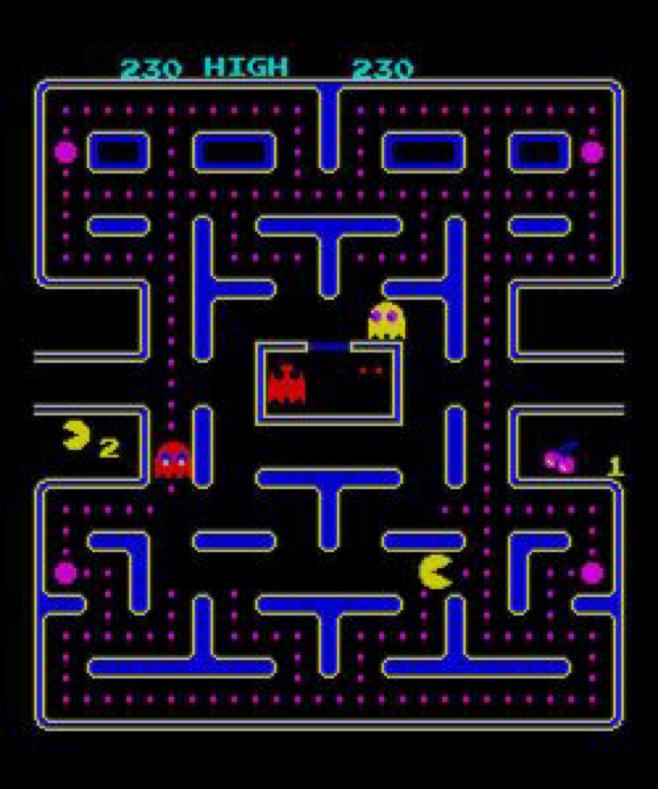 The way we learn is outdated. There! I said it. Don’t agree with me? Then let’s talk about it.
The way we learn is outdated. There! I said it. Don’t agree with me? Then let’s talk about it.
My personnel argument begins way back in college. (Okay, not toooooo far back, but you get the picture.) There was a psychology class I had to take if I wanted to graduate. Not something I was excited about, but there was no way around it.
So I made out my schedule and soon found myself all lined up with 47 other students who were ready, well maybe not ready but certainly willing, to learn right along with me. Why does the number matter? Because that made a total of 48 of us all spread out over a classroom that often doubled as an auditorium.
And seating was assigned. Don’t we all just love it when that happens?
In fact, a full 15% of my grade depended on whether I was in that chair or not. Otherwise I guarantee there would have been one less warm seat.
But I digress. Back to class!
For a full semester I plopped down as one of the lucky three assigned to the back row. Aka…the nosebleed section. We tried to focus on the man down front, but there was no way we could read or even see anything he put on the whiteboard. Heck, we could barely even see the guy! It was so ridiculous we soon came up with a game to pass the time. Every time the professor would drawn on the board the three of us would try to guess what it was. Whoever ended class with the most correct answers was the winner.
I admit that I didn’t win that often.
Now to the good part. I finished that class with a solid 92. How is that possible? Well, my score had absolutely nothing to do with the teacher. No, it had to do with being one of the three amigos relegated to the back row. See the three of us all wanted to graduate but we realized that we were in trouble when it came to this class. So we banded together and found an effective way to study and learn the material.
 Our approach was simple. After every class we would head over to the cafeteria and play this game we created. The idea was to make a list of facts from each chapter and then think of a pun to help remember them. Whoever came up with the pun first got a point. Lowest number of points at the end of the day had to buy the coffee the next time we got together.
Our approach was simple. After every class we would head over to the cafeteria and play this game we created. The idea was to make a list of facts from each chapter and then think of a pun to help remember them. Whoever came up with the pun first got a point. Lowest number of points at the end of the day had to buy the coffee the next time we got together.
Personally, I preferred a nice chai latte myself, but the point is we learned the material and we did it through a game.
Not only did we learn, but it was fun!
Wait. Learning and fun? Must be an oxymoron. Do we care that learning, even when the subject is boring, can be fun? We should.
In my case making a game out of it tricked my mind into learning without realizing it. How? Because games affect us on a different level than just listening to a lecture. While a speaker can stimulate our eyes and ears, a game forces interaction. With games you’re not just learning information, you’re using it!
This idea of simplifying an area of life by turning it into a game is called Gameification.
Ever heard of it? If not, I bet you have still encountered Gameification in your life. Have you ever had a credit card with a points-based rewards program? That’s Gameification in its simplest form. A company took the gaming concept of points and then applied it to using their product. The result? You will use their product over someone else’s!
 Gameification, when applied to eLearning, can work wonders. Think about this, studies have shown that Tetris (a simple game designed in the 80’s) actually improves brain function. If Tetris, a somewhat easy game of sorting and stacking can do that, then just imagine how much more we can do with today’s technology.
Gameification, when applied to eLearning, can work wonders. Think about this, studies have shown that Tetris (a simple game designed in the 80’s) actually improves brain function. If Tetris, a somewhat easy game of sorting and stacking can do that, then just imagine how much more we can do with today’s technology.
The eLearning field is in a unique position to take advantage here. Whereas a person must host traditional learning games, a computer-based game can be distributed endlessly. Plus, all the research of what makes a digital game good is already done. Just look at the $67 billion video game industry!
I’ve met people that spend more time playing the game World of Warcraft than they do in the real world. Now what if we combined a video game like that with particle physics? Students would sit down with a computer (or tablet or cell phone) and play for an hour each day. They have fun and after a couple weeks, they are discussing leptons and photons as if they handle them every day! Can it be done? Yes, it can and more importantly, it will.
Really the question is not whether this will happen, but who will be first.
___
The Weblearning Learning Management System is a powerful, budget-friendly, easy-to-use Online E-Learning System for authoring, managing, and tracking online learning presentations and tests. To try it FREE, go to the Weblearning E-Learning System Sign-up Form.